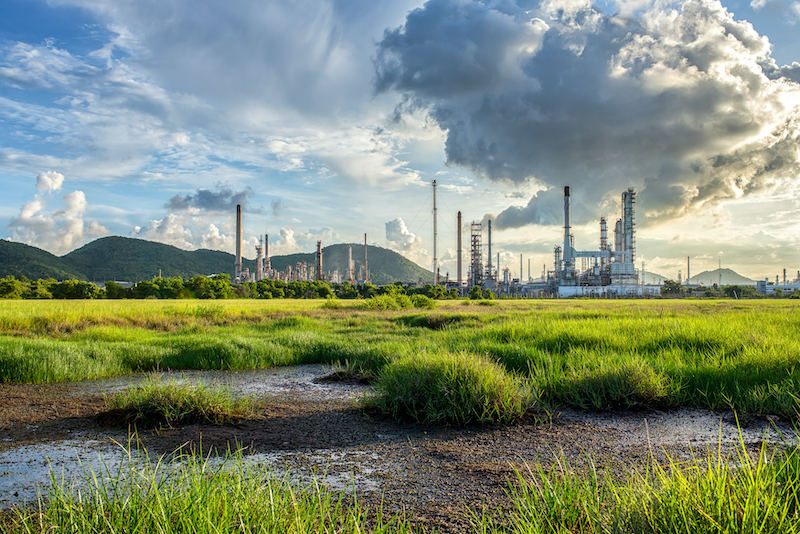Belgian, Danish Governments Clear Way for Europe’s First Trial of CO2 Storage in North Sea
(P&GJ) — Ministers from Belgium and Denmark have entered into a ground-breaking agreement to enable captured CO2 to be shipped across their boarders to be permanently stored in a sandstone reservoir 1,800 m (5,905 ft) beneath the seabed of the Danish North Sea.
The agreement allows Project Greensand to move forwards with Europe’s first ever trial of the entire supply chain for carbon capture and storage to be carried out later this year.
Carbon dioxide, captured by INEOS from its plant at the Zwijndrecht site can now be shipped via the port of Antwerp to INEOS’ Nini West oil platform 200 km (124 miles) off the West Coast of Denmark where it will be injected as a liquid, into the former oil field below the seabed surface.
There is currently no captured CO2 in Denmark that is suitable for storage in connection with the demonstration phase of Greensand. But with the new agreement, it will be possible to transport captured CO2 from INEOS in Belgium to Project Greensand's storage locations in the North Sea.
Project Greensand is one of the frontrunners of CO2 storage projects in Europe. It brings together a consortium of 23 specialised companies, research centers, institutions and logistics partners led by INEOS and Wintershall DEA, with an ambition to eventually store up to 8 million tonnes of CO2 per year by 2030.
"The development of new methods to reduce carbon emissions is vital for the future of our planet,” Vincent Van Quickenborne, Belgian Federal Deputy Prime Minister and Minister for the North Sea, said. “The sea can play a key role in this. Not only has it always been very important for regulating our climate, but it also offers opportunities for carbon capture, recycling and storage. Our Belgian industry is very much involved in this. The Greensand project is one of the leading CO2 storage projects in Europe. This is a promising technology. We have signed an agreement with Denmark to cooperate on this so that we can store our captured CO2 in their empty oil and gas fields."
Related News
Related News

- Keystone Oil Pipeline Resumes Operations After Temporary Shutdown
- Freeport LNG Plant Runs Near Zero Consumption for Fifth Day
- Biden Administration Buys Oil for Emergency Reserve Above Target Price
- Mexico Seizes Air Liquide's Hydrogen Plant at Pemex Refinery
- Enbridge to Invest $500 Million in Pipeline Assets, Including Expansion of 850-Mile Gray Oak Pipeline





Comments